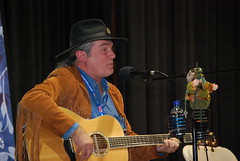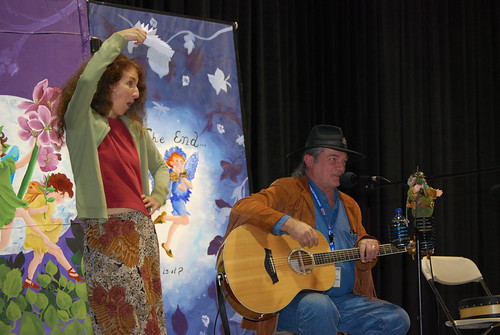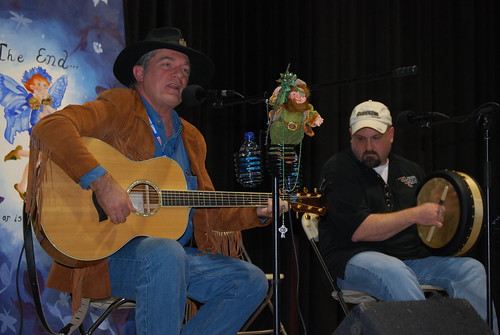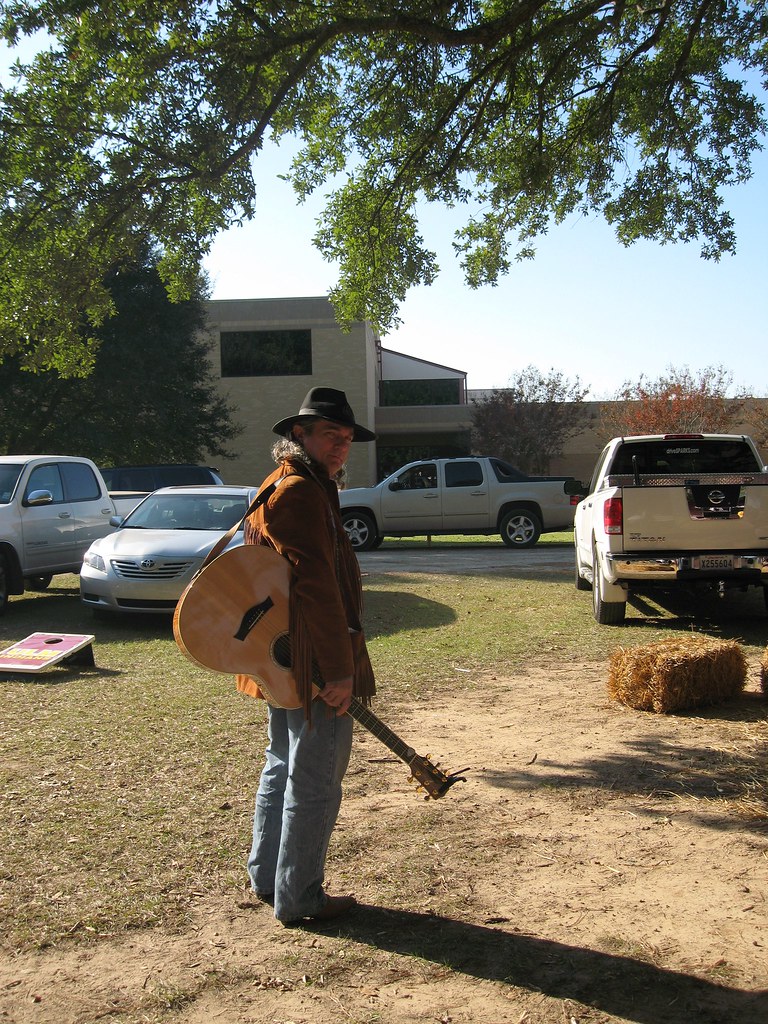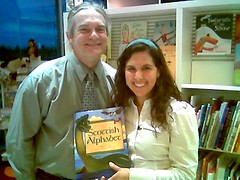As Saint Patrick’s Day approaches, my thoughts are on the Irish. My mental ramblings took me to thoughts of Captain John Riley and his Batallón de San Patricio in the Mexican War of 1846-48. There’s so much about this story that needs to be told. So much in fact, that I’ve determined to write a children’s book about them. I found this song written by two great musicians–Tim O’Brien and Guy Clark–and purchased it from iTunes. I thought I’d post the lyrics. This song tells one part of their sad story. I follow that with another song about this unit. This is definitely a story I’m working into my Scots-Irish and Texas History presentation.
“John Riley” (from http://www.timobrien.net/Lyrics2.cfm?ID=56)
From The Crossing
(Tim O’Brien, Guy Clark (Howdy Skies Music/Forerunner Music, Inc./EMI/April, ASCAP))
John Riley ©1998 Tim O’Brien and Guy Clark
John Riley came form Galway town in the years of the Irish hunger
And he sailed away to America when the country was much younger
The place was strange and work was scarce and all he knew was farming
So he followed his other Irish friends to a job in the US Army
Adventure calls and some men run, and this is their sad story
Some get drunk on demon rum and some get drunk on glory
They marched down Texas way to the banks of the Rio Grande
They built a fort on the banks above to taunt old Santa Anna
They were treated bad, paid worse, and then the fighting started
The more they fought the less they thought of the damned old US Army
Adventure calls and some men run, and this is their sad story
Some get drunk on demon rum and some get drunk on glory
When the church bells rang on Sunday morn it set his soul a shiver
He saw the Senoritas washing’ their hair on the far side of the river
John Riley and two hundred more Irish mercenaries
Cast their lot, right or not, south of the Rio Grande
Adventure calls and some men run, and this is their sad story
Some get drunk on demon rum and some get drunk on glory
They fought bravely under the flag of the San Patricios
Till the Yankees soldiers beat them down at the battle of Churubusco
Then fifteen men were whipped like mules
And on the cheeks were hot iron branded
Made to dig the graves of fifty more, who a hanging fate had handed
Adventure calls and some men run, and this is their sad story
Some get drunk on demon rum and some get drunk on glory
John Riley stands and drinks alone at a bar in Vera Cruz
He wonders if it matters much if you win or if you lose
“I’m a man who can’t go home , a wanderer”, says he
“A victim of some wanderlust and divided loyalty
Adventure calls and some men run, and this is their sad story
Some get drunk on demon rum and some get drunk on glory
“The Men that God made Mad” – written by Ron Kavanagh. I found the lyrics here:
(Arr. N. Parsons/G. Dunne)
L’Entrada de L’Angustura – written by Graham Dunne
Far far from Clifden’s rocky shore o’er the broad Atlantic sea
The Battalion of St. Patrick tired of harsh brutality
No more abuse or bigotry, their angry cry wholehearted
Near Matamoras lives were lost that’s when the fighting started
Chorus:
Who were those men, what was the crime
For which their lives were wasted
Did they rob or rape, or was their fate
As the poet once related
Were those great Gaels of Ireland
The men that God made mad
Their wars were never merry
But all their songs were sad
Land of the Free meant liberty to the U.S. Army’s Irish
Till James K. Polk he sent them south to civilize the Spanish
In a war to extend slavery and unjust exploitation
They’d not repeat what Cromwell did to their poor Irish Nation
Chorus:
At L’Angustura, Irish blood drenched the sun-baked clay
And Mexico still honours those brave men who died that day
But the worst was yet to come in the hour that war was ended
When General Scott hung the Irishmen to celebrate with vengeance
Chorus:
Here is the flag of the Saint Patrick Battalion as described by John Riley:
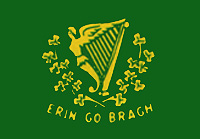
You can read more of this unit’s story here and here: Well, this post is long enough. More on John Riley to come.

